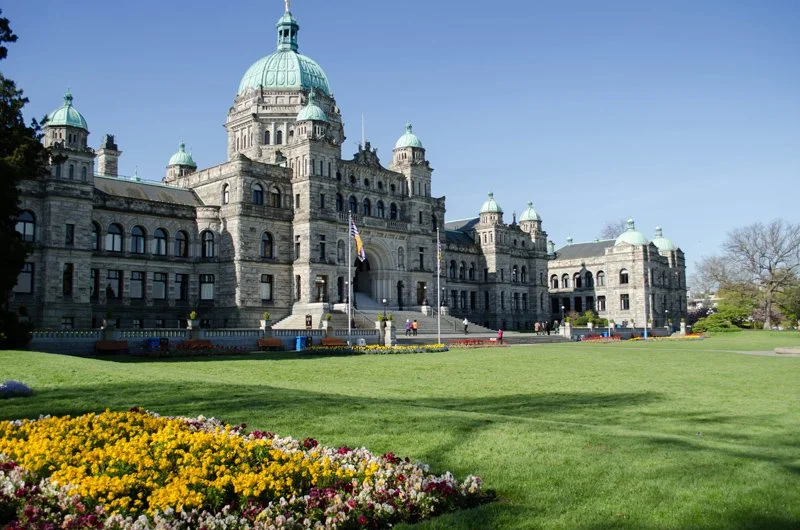BC group calls to cut faith funding, rethink public spending
A secular advocacy group is asking the BC government to scrap automatic tax exemptions for houses of worship and to phase out hundreds of millions in funding for private faith-based schools — while urging that public dollars be redirected to programs it considers “secular and inclusive.”
The BC Humanist Association laid out the proposals in June before the legislature’s Select Standing Committee on Finance and Government Services as part of pre-budget consultations for the 2026 fiscal year.
“Every British Columbian is required to indirectly tithe $12 to support local religious groups,” Ian Bushfield, the association’s executive director, told MLAs, citing municipal tax policies that shield sanctuaries and affiliated properties from local levies.
The group estimates the statutory exemption for places of worship cost municipalities almost $46 million in 2019, shifting the burden to homeowners and businesses. A further $12.5 million in permissive exemptions is handed out at councils’ discretion for church-owned parking lots, thrift stores and vacant land.
Bushfield argued that, because municipalities already have the power to grant charitable exemptions, the blanket provincial carve-out for religious property is outdated. “Local governments should decide on equal footing with other non-profits,” he said.
The association also targeted the province’s funding formula for independent schools, which totalled more than $500 million last year. About 70 percent of that money goes to religious institutions, most of them Christian, the group said. It pointed to schools that “exclude 2SLGBTQ students.”
The group’s final recommendation calls on the province to ensure future funding supports “secular and inclusive programming.” While the submission critiques government ties to religious organizations in the name of neutrality, it also promotes funding priorities grounded in particular social values — suggesting that one set of ideological filters may simply be exchanged for another.
Religious organizations have long played a role in delivering social services such as shelters, food banks and addiction programs — often in partnership with government. Independent schools, including some faith-based ones, have also reported strong academic results and enrolment of students with special needs, according to publicly available data.
The province’s finance committee is expected to table its pre-budget report this fall. Whether it will embrace tighter rules on religious funding — or adopt a new filter for what counts as “inclusive” — remains unclear as the NDP government faces pressure to curb overall spending and manage mounting debt.
Census data shows British Columbia has one of the highest proportions of non-religious residents in the country. Still, debates over tax exemptions, education funding and the role of faith in public services remain active ahead of Budget 2026.


